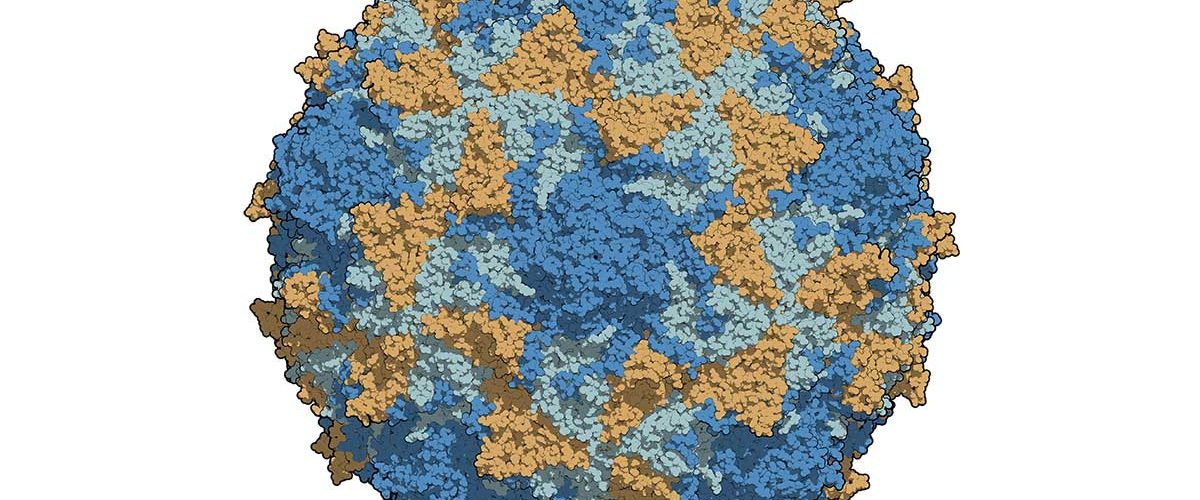Poliomyelitis (polio) is a highly infectious disease caused by a virus. Polio mainly affects children under 5 years of age. Cases due to wild poliovirus have decreased by over 99% since 1988, from an estimated 350 000 cases then, to 22 reported cases in 2017. As a result of the global effort to eradicate the disease, more than 16 million people have been saved from paralysis.
The polio virus is transmitted by person-to-person spread mainly through the faecal-oral route or, less frequently, by a common vehicle (for example, contaminated water or food) and multiplies in the intestine, from where it can invade the nervous system and can cause paralysis
It invades the nervous system and can cause total paralysis in a matter of hours. Initial symptoms are fever, fatigue, headache, vomiting, stiffness of the neck and pain in the limbs. 1 in 200 infections leads to irreversible paralysis (usually in the legs). Among those paralyzed, 5% to 10% die when their breathing muscles become immobilized.
There is no cure for polio, it can only be prevented by vaccine. Polio vaccine, given multiple times, can protect a child for life.
Recent Outbreaks in Africa
| Year | Countries | Cases | Deaths |
| 2018 | Somalia | 3 | – |
| DRC | 3 | – | |
| Nigeria | 16 | – | |
| 2017 | DRC | 4 | – |
| 2016 | Nigeria | 3 | – |
| 2015 | Madagascar | 8 | – |
| 2014 | Cameroon | 9 | – |
| Equatorial Guinea | 5 | – | |
| South Sudan | 2 | – | |
| 2013 | Somalia | 174 | – |
| Kenya | 14 | – | |
| Ethiopia | 3 | – | |
| 2010 | Congo | 184 | 85 |
| Angola | 15 | – | |
| 2009 | Nigeria | 258 | – |
| Angola | 29 | – | |
| 2008 | Nigeria | 32 | – |
| Angola | 29 | – |

